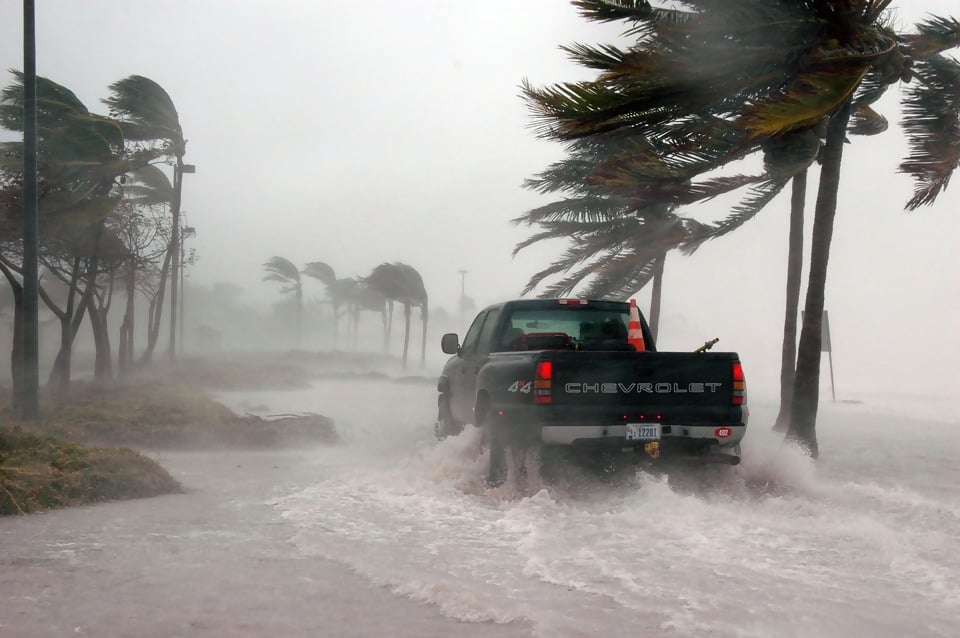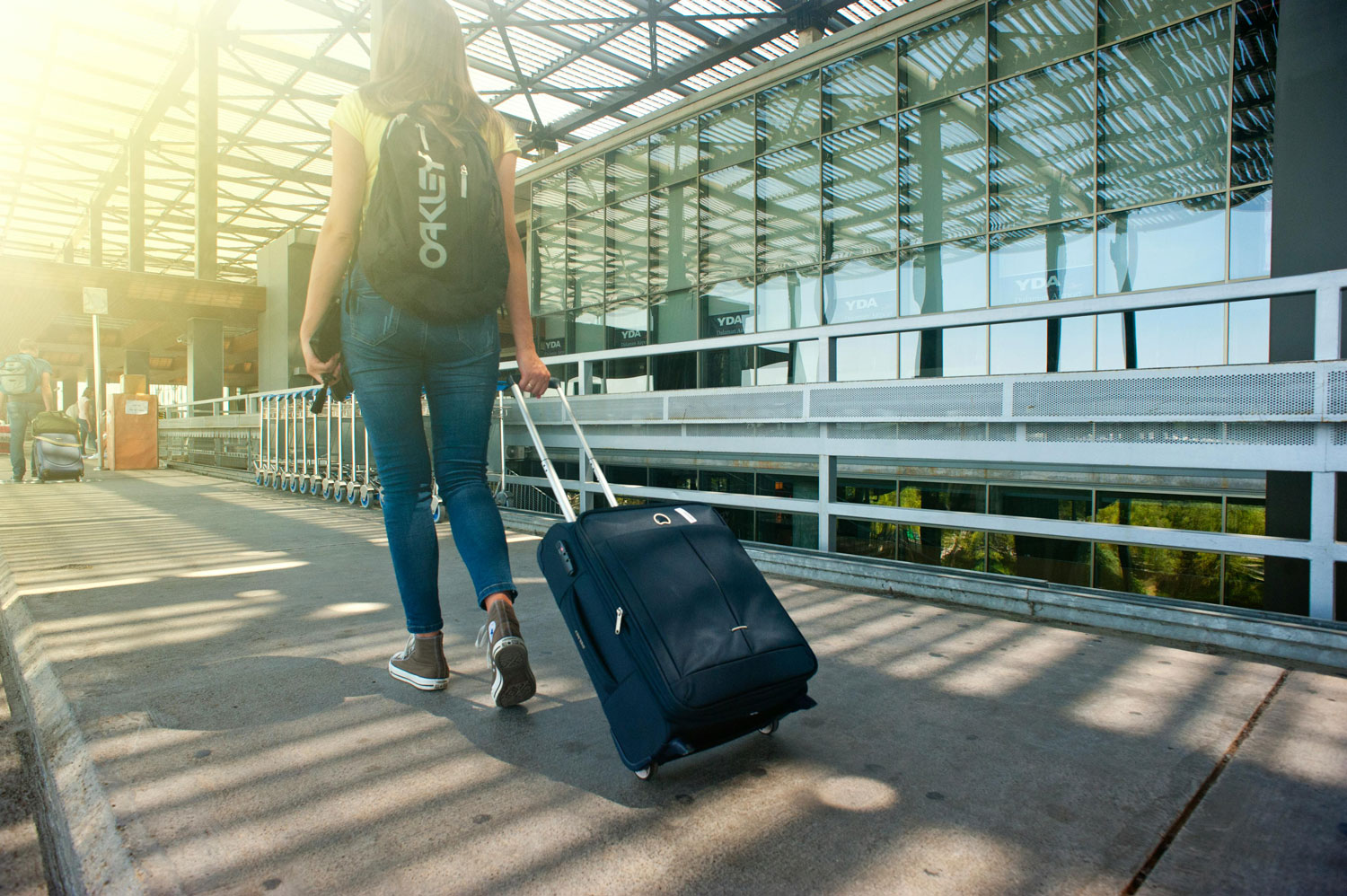Knowing what to do before, during, and after a hurricane is crucial. This natural disaster can be quite devastating, and can leave lots of casualties, including damaged homes and infrastructures, hurt and injured people, and even deaths.
What is a hurricane?
A hurricane is a type of storm system that is rapidly rotating, consisting of strong winds, a low-pressure center, a spiral structure of thunderstorms that cause heavy rainfall, and an enclosed low-level atmospheric circulation.
Depending on where it occurs and how strong it is, it is known by different names, such as tropical storm, tropical cyclone, cyclone, typhoon, and cyclonic storm. If it is located in the Atlantic Ocean or the northeastern portion of the Pacific Ocean, it is referred to as a hurricane. If it occurs in the Indian Ocean or the south Pacific region, the term typically used is tropical cyclones. If it is in the northwestern portion of the Pacific Ocean, it is known as a typhoon.
Throughout the world’s recorded history, some of the strongest and deadliest hurricanes are the:
- Bhola cyclone – which struck Bangladesh in 1970, causing floodings, destroying crops, and wiping out entire villages, leaving at least 500,000 people dead
- Typhoon Haiyan – which hit the Philippines in 2013, killing more than 6,000 people and causing more than 2 billion US dollars’ worth of damage
- Hurricane Katrina – which made landfall in the US states of Louisiana and Florida in 2005 and left thousands of people dead and 125 billion US dollars’ worth of damage
What should you do before a hurricane?
Being ready for an upcoming hurricane is necessary to avoid or at least minimize the dangers. The following are the things that you have to do:
- Stock up on food, water, batteries, and other staples. Go to a supermarket and purchase at least three days’ worth of canned goods and other foods that are easy-to-prepare and do not require cooking or heating up, as power might not be available once the hurricane strikes. Keep your flashlights and batteries in an accessible spot in case of blackouts. In addition to buying bottled water, you can also fill your containers or bathtub at home with water in case water service is interrupted for longer than expected.
- Prepare a disaster kit for each person in your family or group. If you have your family or friends with you, make sure that every single person has a bag that contains at least three days’ worth of water and food. Add in a flashlight, batteries, phone and phone charger, and necessary medications. Do not forget to also pack your passports and other valuable identification and documents in waterproof containers.
- Discuss a plan on a meeting place or ways to contact the others in case your group gets separated during the hurricane or an emergency evacuation. You can rent or buy a satellite phone that works perfectly fine during natural disasters and emergencies for each one of you. Visit Mobal’s Satellite Phone Rental page and Mobal’s Buy Satellite Phone page for more information on how you can get one.
What should you do during a hurricane?

During a hurricane, wind speeds can go as high as 251 kilometers per hour or 156 miles per hour, and cause large billboards, roofs, garbage cans, and even cars to fly around, with an average rainfall of 410 millimeters or 16 inches within a 24-hour period. Therefore, you have to:
- Stay indoors. It is not recommended to go outside during a hurricane, as the strong winds and the heavy rainfall can be extremely dangerous. Remain in your room, and make sure that your doors and windows are shut. You can put up hurricane shutters for reinforcement.
- Find a safe and secure area indoors. An interior room, bathroom, or closet is your best bet during a hurricane. Sometimes, because of the strong winds, windows and doors, especially those that are made of glass, may shatter and cause injuries.
- Turn off your electricity. Unplug your air conditioner, refrigerator, and other major appliances, and avoid using your computer, television, and other electrical devices too, to avoid damaging them. Switch the power off at the main breaker to prevent fires, electrocution, and other problems. This is especially crucial if you are in a place where the risk of flooding is high.
- Watch out for lightning. Avoid showering or taking a bath while the storm is happening. Also, using electrical equipment, such as your phone, especially while charging, is strongly discouraged.
What should you do after a hurricane?
According to statistics, there are actually more injuries and deaths that happen after a hurricane than during a hurricane. The primary reason for this is that people tend to go to that “cannot wait to go outside” mode after being holed up indoors for longer than what they are used to. And, once they are outdoors, they encounter downed electric lines, falling trees, and other debris, and end up hurting themselves.
For your safety, you have to follow the following protocol after a hurricane:
- Do not go out until there is an official statement from the government or authorized agency. Just because you think things look fine after peeking out of your window, it does not mean that things are indeed fine. Let the professionals assess everything first, and wait for them to give you the go signal.
- If everything has been declared clear by the authorities, you should still be very careful when outdoors. Stay away from hanging or open wires or power lines. Avoid stepping on puddles. Do not stand under unstable trees, bridges, or buildings.
- Call your utilities company to report downed electric lines, broken water pipes, damaged gas tanks, and other hazardous situations you find.
- Check if the other people in your group are okay. If you and your family or friends were separated, you can try to get in touch with them using the agreed upon method of communication you discussed before the hurricane. Call the police if you need assistance looking for them.

